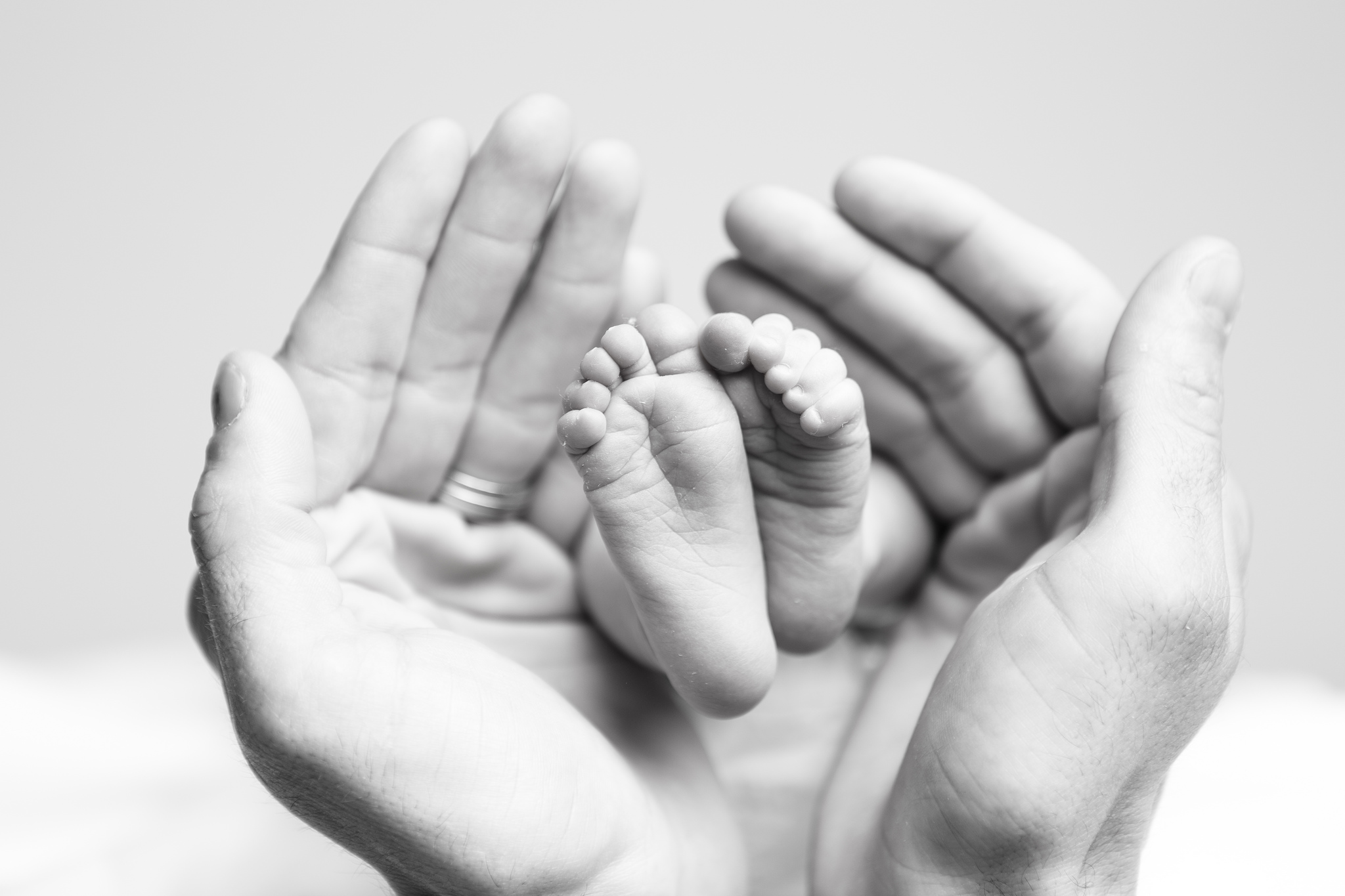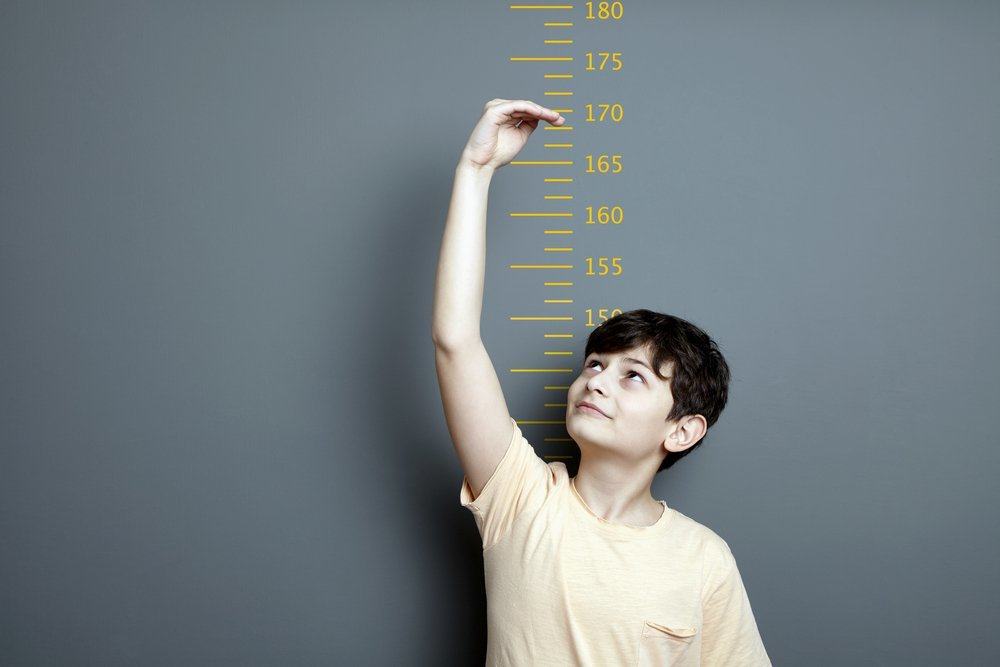Contents:
- Medical Video: Low birth weight associated with psychiatric problems
- The risk of mental disorders in babies with very low birth weight
- What mental disorders are at risk for LBW babies?
Medical Video: Low birth weight associated with psychiatric problems
Very low birth weight babies or LBW babies are not only at risk of having physical problems, but are also more likely to experience mental problems later on. This conclusion is derived from a study carried out for almost 30 years for babies born with very low weight.
The risk of mental disorders in babies with very low birth weight
According to a study published by the American Psychological Association, a person born with a very low birth weight or low birth weight has a higher risk of experiencing psychological difficulties, compared to those born with normal weight. These psychological difficulties include problems of attention, anxiety and social problems.
Premature births have increased dramatically over the past two decades, reaching 8 percent of babies born with normal weight. The existence of neonatal intensive care, making babies very low birth weight ie less than 1,000 grams has a greater chance of surviving.
The research conducted by Karen Mathewson from McMaster University used 41 studies which were followed by 2,712 people who experienced very low birth weight at birth, or entered into the category of LBWR babies and 11,127 who had normal weight at birth.
The study took place over a period of 26 years from 1990 to 2016 in 12 different countries, including the United States and Canada.
A person who has a very low birth weight at birth or an LBW baby is found to have an increased risk for certain mental disorders, starting in childhood until they are 30 years old.
What mental disorders are at risk for LBW babies?
When children are, they are significantly more likely to have ADHD disorders or attention deficit hyperactivity disorder in almost every research done. As teenagers, they are also at greater risk of developing ADHD and other social problems.
Adults who have very low birth weight conditions at birth have significantly higher levels of anxiety, depression, shame, and lower social function than those born with normal weight. This is thought to originate from the biological response of infants who have difficult conditions before birth and pressure after early or premature birth.
Although the risk of mental disorders in very low birth weight babies or low birth weight babies increases compared to someone born with a normal birth weight, not all LBW babies will experience mental disorders, according to Karen Mathewson.
However, according to him, ADHD, social problems, and internalization disorders are closely related to children with very low birth weight, as well as at adolescence and adulthood. In this study, body weight status at birth showed a significant difference in the risk of mental disorders.
This research is important to show the need to continue to provide assistance and health services to babies very low birth weight because of the potential for mental disorders that they are likely to experience.












